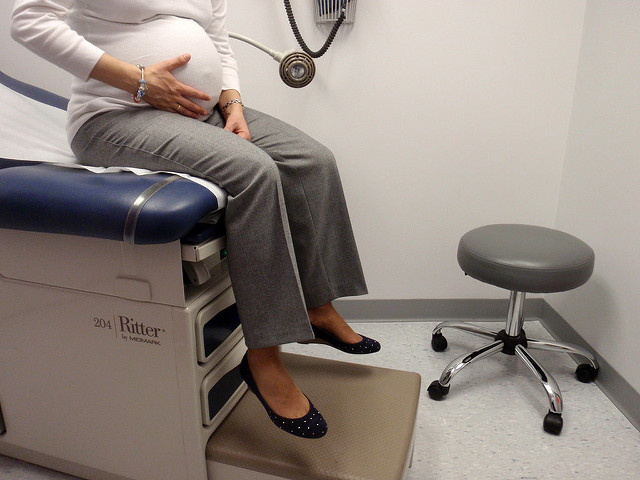Reflections on reactions to the [Nuffield] Council’s report on NIPT
By Catherine Joynson,
Nuffield Blog
| 03. 09. 2017
The Nuffield Council on Bioethics’ report on non-invasive prenatal testing (NIPT) was published last week, with a launch event in the House of Commons. The event itself was full of emotion, reflecting the real and important impact that NIPT and prenatal testing can have on people’s lives. The report has also elicited a number of other reactions. Having spent the last 12 months or so talking to a wide range of people and organisations with an interest in NIPT, this does not surprise me. As we didn’t have time to answer every question at the event, this article attempts to continue the conversation, respond to some of the specific comments that have been aired, and describe how we came to our conclusions and recommendations.
Too restrictive or too permissive?
Some groups have commented that our conclusions are too restrictive, particularly in relation to our recommendation that NIPT should only be used to test for significant medical conditions or impairments (with some exceptions). Others believe that they are too permissive, for example that we have missed the opportunity to support campaigns to...
Related Articles
By Steve Rose, The Guardian | 01.28.2026
Ed Zitron, EZPR.com; Experience Summit stage;
Web Summit 2024 via Wikipedia Commons licensed under CC by 2.0
If some time in an entirely possible future they come to make a movie about “how the AI bubble burst”, Ed Zitron will...
By Arthur Lazarus, MedPage Today | 01.23.2026
A growing body of contemporary research and reporting exposes how old ideas can find new life when repurposed within modern systems of medicine, technology, and public policy. Over the last decade, several trends have converged:
- The rise of polygenic scoring...
By Daphne O. Martschenko and Julia E. H. Brown, Hastings Bioethics Forum | 01.14.2026
There is growing concern that falling fertility rates will lead to economic and demographic catastrophe. The social and political movement known as pronatalism looks to combat depopulation by encouraging people to have as many children as possible. But not just...
By Josie Ensor, The Times | 12.09.2025
A fertility start-up that promises to screen embryos to give would-be parents their “best baby” has come under fire for a “misuse of science”.
Nucleus Genomics describes its mission as “IVF for genetic optimisation”, offering advanced embryo testing that allows...




